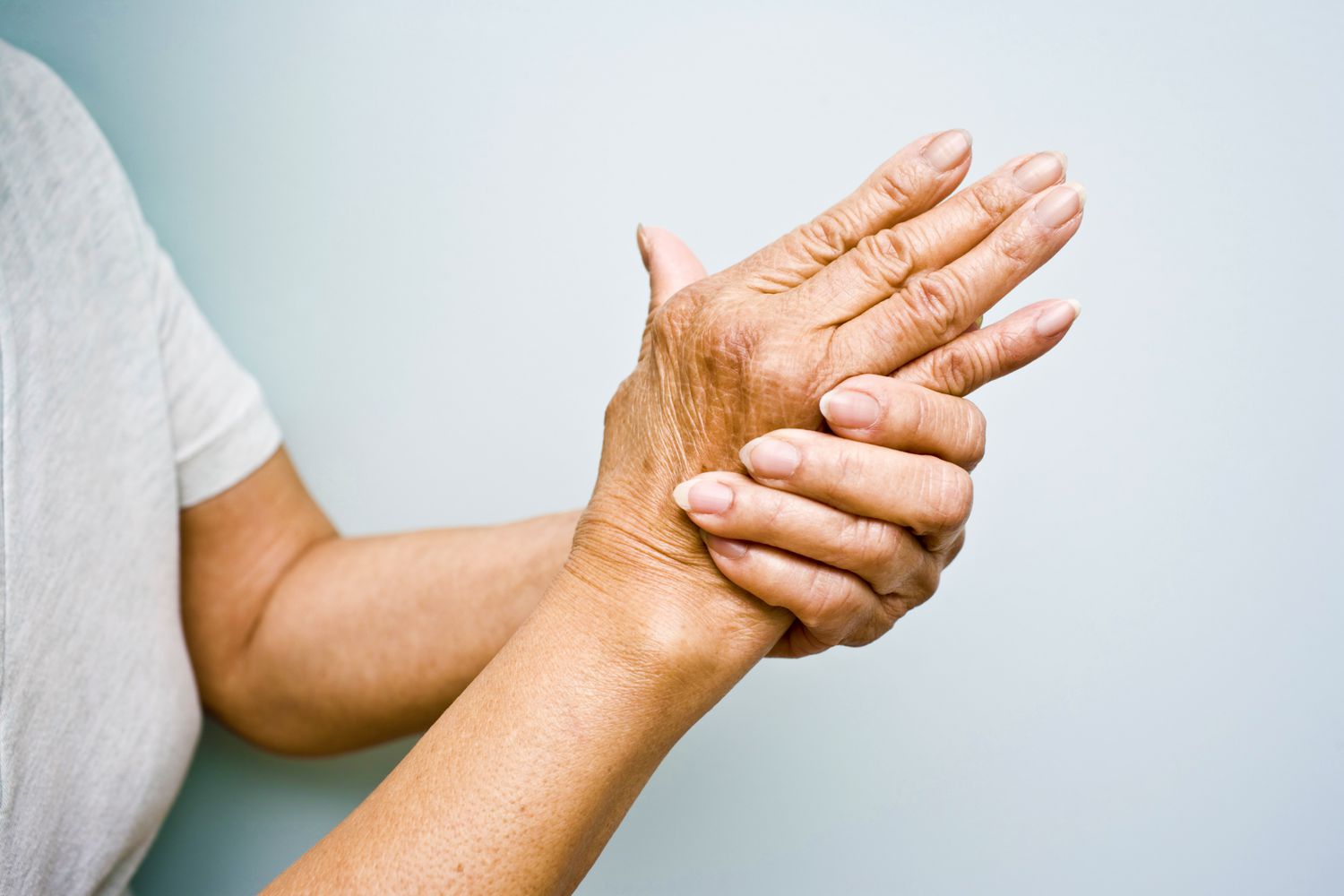Chronic pain is a complex and challenging condition that affects millions of individuals worldwide. While it can be caused by various factors, including injury and medical conditions, some people wonder if chronic pain might have a genetic component. In this blog, we’ll explore the relationship between chronic pain and genetics, shedding light on whether chronic pain runs in the family and what you need to know about it. For personalized chronic pain management, contact Specialty Care Clinics at (469) 545-9983.
Understanding Chronic Pain
Defining Chronic Pain
Chronic pain is characterized by persistent discomfort that lasts for an extended period, typically beyond three to six months. It can affect various parts of the body and manifest in different forms.
What Is Chronic Pain Syndrome?
Chronic pain syndrome is a broader term that encompasses chronic pain conditions, often associated with emotional and psychological aspects of pain management.

Chronic Pain Conditions
Fibromyalgia
Fibromyalgia is a chronic pain condition characterized by widespread musculoskeletal pain, fatigue, and tenderness in specific areas of the body.
Migraine and Headaches
Chronic migraines and headaches can lead to recurrent and severe head pain.
Chronic Lower Back Pain
Chronic lower back pain is a condition that refers to the persistent or recurring discomfort experienced in the lower region of the spine. The pain can be dull, sharp, stabbing, or throbbing and is often accompanied by stiffness, limited range of motion, and difficulty in performing everyday activities
Rheumatoid Arthritis
Rheumatoid arthritis is an autoimmune condition that can cause chronic joint pain and inflammation.
The Genetics of Chronic Pain
Genetic Predisposition
Research suggests that genetics may play a role in an individual’s susceptibility to chronic pain conditions. Certain genes may influence pain perception and the risk of developing chronic pain.
Familial Patterns
In some cases, chronic pain conditions seem to run in families, suggesting a potential genetic link.
Environmental and Lifestyle Factors
Nature vs. Nurture
While genetics can contribute to chronic pain risk, environmental and lifestyle factors also play a significant role. These factors include injuries, stress, physical activity, and overall health.

Managing Chronic Pain
Multidisciplinary Approach
Treating chronic pain often requires a multidisciplinary approach, including medication, physical therapy, and psychological support.
Pain Management Techniques
Learning pain management techniques, such as relaxation exercises and mindfulness, can help individuals cope with chronic pain.
Preventing Chronic Pain
Healthy Lifestyle Choices
Making healthy lifestyle choices, such as maintaining a balanced diet, engaging in regular exercise, and managing stress, can reduce the risk of chronic pain.
A Holistic Approach to Chronic Pain
While there may be a genetic predisposition to chronic pain in some cases, it’s important to remember that genetics is just one piece of the puzzle. Chronic pain is influenced by a combination of genetic, environmental, and lifestyle factors. Therefore, a holistic approach to managing chronic pain that addresses both physical and emotional well-being is essential for improving the quality of life for those living with chronic pain.
If you have a family history of chronic pain conditions or are experiencing chronic pain yourself, it’s advisable to consult with healthcare professionals who can provide personalized guidance and treatment options tailored to your unique situation.
